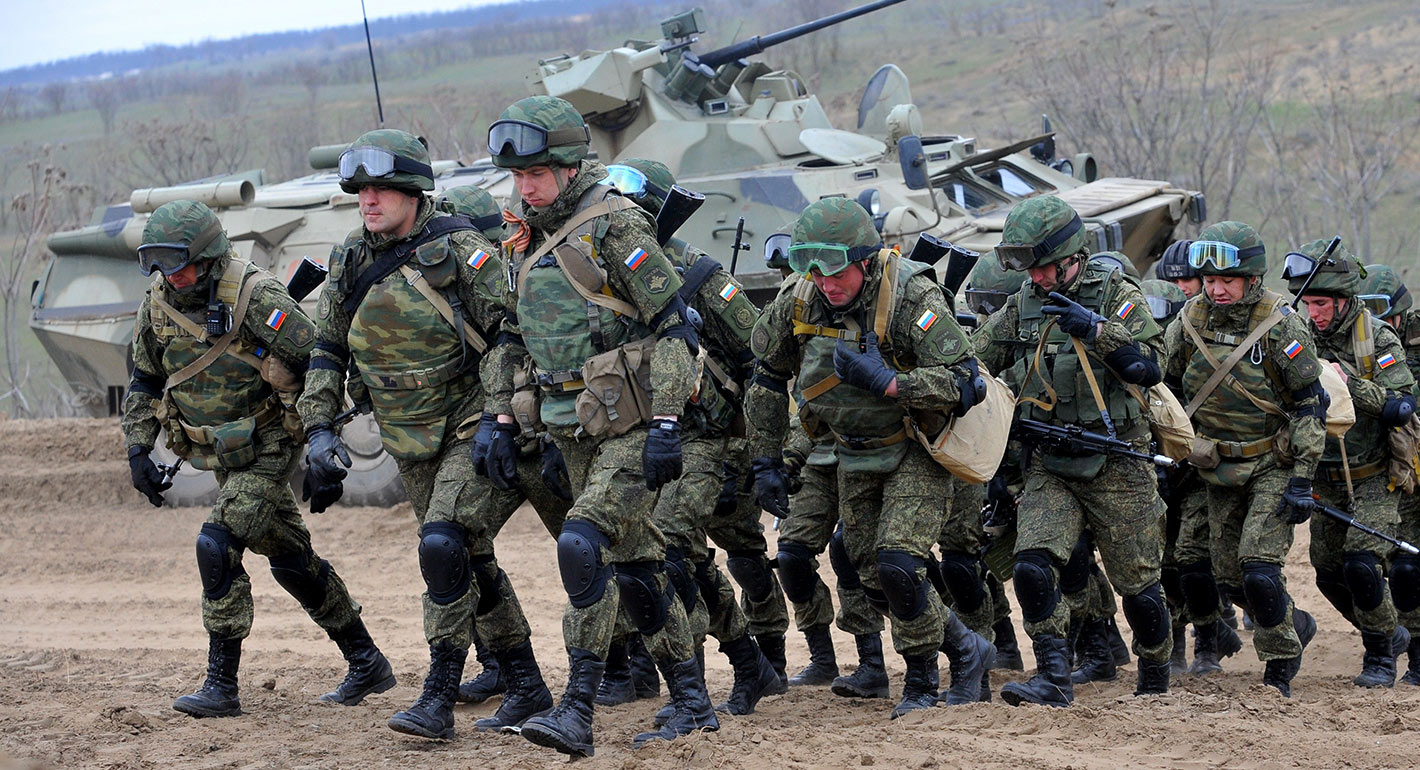Russia has a history of military interventions, both within its borders and in neighboring countries. These interventions are often driven by a complex interplay of geopolitical ambitions, security concerns, and a desire to protect Russian interests.
Post-Soviet Interventions
- First Chechen War (1994-1996): Russia’s first major military intervention after the Soviet Union’s collapse was in Chechnya. The war aimed to suppress a separatist movement and reassert Russian control over the region. The conflict was marked by intense fighting, human rights abuses, and the destruction of civilian infrastructure.
- Second Chechen War (1999-2009): Following a series of terrorist attacks in Russia, Russia launched a second military campaign in Chechnya to quell the insurgency. This war was even more brutal than the first, with widespread allegations of war crimes and human rights abuses.
Recent Interventions
- Georgian War (2008): In 2008, Russia intervened in the South Ossetia and Abkhazia conflicts, recognizing the independence of these regions and effectively annexing them. This move was widely condemned by the international community as a violation of international law.
- Annexation of Crimea (2014): Russia annexed the Crimean Peninsula from Ukraine following a controversial referendum. The annexation was accompanied by a rapid deployment of Russian troops and the seizure of key infrastructure. This action further escalated tensions with the West and led to severe economic sanctions.
- War in Donbas (2014-present): Russia has been supporting separatist movements in the Donbas region of eastern Ukraine, providing military aid, training, and financial support to the separatist forces. This ongoing conflict has resulted in thousands of casualties and displacement of civilians.
- 2022 Russian invasion of Ukraine: In February 2022, Russia launched a full-scale invasion of Ukraine, aiming to overthrow the Ukrainian government and install a pro-Russian regime. This invasion has led to a major humanitarian crisis, widespread destruction of infrastructure, and a significant loss of life. The international community has condemned Russia’s actions and imposed severe economic sanctions.
Motivations for Russian Interventions
Several factors drive Russian military interventions:
- Security Concerns: Russia often cites security concerns as a justification for its military actions. This includes protecting Russian citizens, preventing the spread of extremism, and maintaining stability in its near abroad. However, critics argue that these security concerns are often exaggerated or used as a pretext for geopolitical ambitions.
- Geopolitical Ambitions: Russia seeks to reassert itself as a global power and challenge the dominance of the United States and its allies. Military interventions are often used to project power and influence, as well as to shape the geopolitical landscape in Russia’s favor.
- Economic Interests: Russia aims to secure access to vital resources, such as oil and gas, and to protect its economic interests in the region. Military interventions can be used to safeguard these interests, particularly in regions rich in natural resources.
- Nationalism and Identity: Russian nationalism plays a significant role in shaping foreign policy. The Kremlin often appeals to nationalist sentiments to mobilize public support for military actions and justify aggressive foreign policy.
Consequences of Russian Interventions
Russian military interventions have had far-reaching consequences, both domestically and internationally. These include:
- Humanitarian Crisis: The conflicts have led to significant loss of life, displacement of populations, and destruction of infrastructure.
- Economic Costs: The costs of military interventions can be substantial, diverting resources from domestic needs and hindering economic development.
- International Isolation: Russia’s aggressive foreign policy has led to increased international isolation and sanctions.
- Geopolitical Tensions: Russian interventions have contributed to increased tensions with the West and other regional powers, potentially leading to further conflict and instability.
In conclusion, Russian military interventions are a complex issue with significant implications for global security. Understanding the motivations behind these actions is crucial for analyzing Russia’s foreign policy and predicting future trends.

Leave a Reply